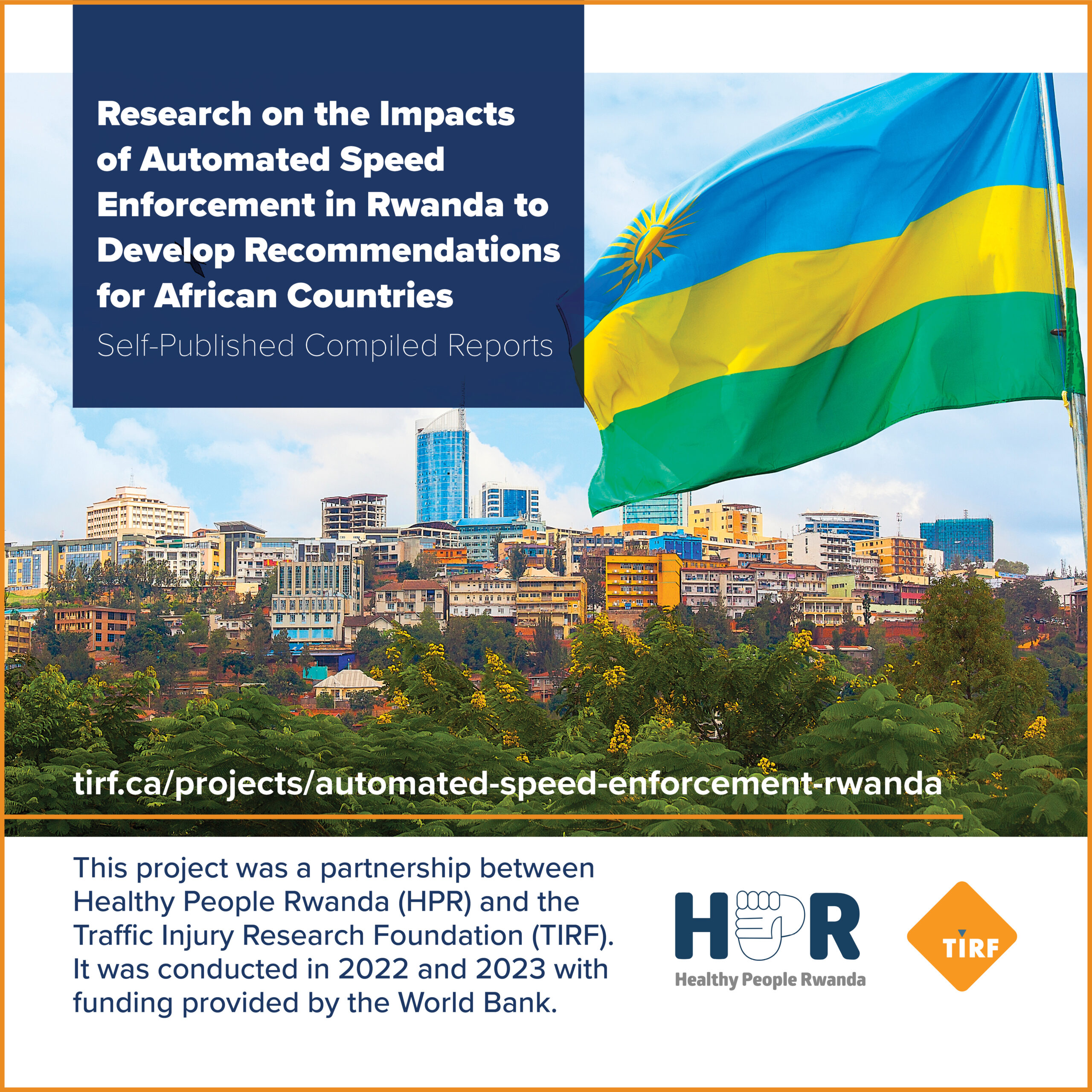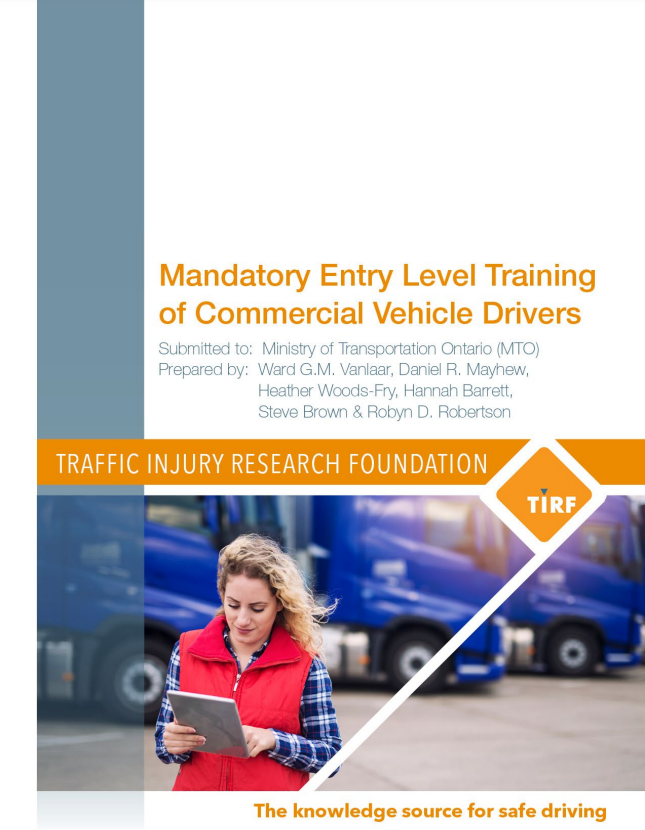The Traffic Injury Research Foundation completed a comprehensive evaluation of the alcohol interlock program in Nova Scotia with funding from the Department of Transportation and Infrastructure Renewal. The objectives of this study were to determine the effectiveness of the AIIP in reducing drinking and driving; examine participation rates; gauge stakeholders’ perceptions of the program; ascertain how the implementation of the program compared to expectations; and, to identify potential for improvements to the program. The Process Evaluation report was released in 2010, and the Executive Summary report was released in 2014, followed by the Technical Report on the Outcome Evaluation in 2015.
In the first phase of the project, comprehensive and robust process and outcome evaluation methodologies were developed. The second phase of the work involved the completion of the process evaluation which identified successes and challenges associated with program implementation, examined program fidelity in relation to the planning process, and explored the experiences of the various agencies involved in implementation to determine what activities worked well and where improvements could be made. In the final phase of this study, TIRF undertook an outcome evaluation to measure a range of program outcomes including, the impact of treatment in conjunction with interlock supervision, impacts on family, overall program participation, and, rates of recidivism, among other things.
Study findings suggested that participation in the interlock program reduced the risk of alcohol-related charges for participants during the program. In terms of general deterrence, results revealed a temporary decrease in the number of alcohol-related charges and convictions in the first and seventh months respectively following the implementation of the program. Overall, evidence suggests that the program was better at preventing harm due to alcohol-impaired driving than the alternative of not using alcohol interlocks.
Sponsored by the Nova Scotia Department of Transportation and Infrastructure Renewal









